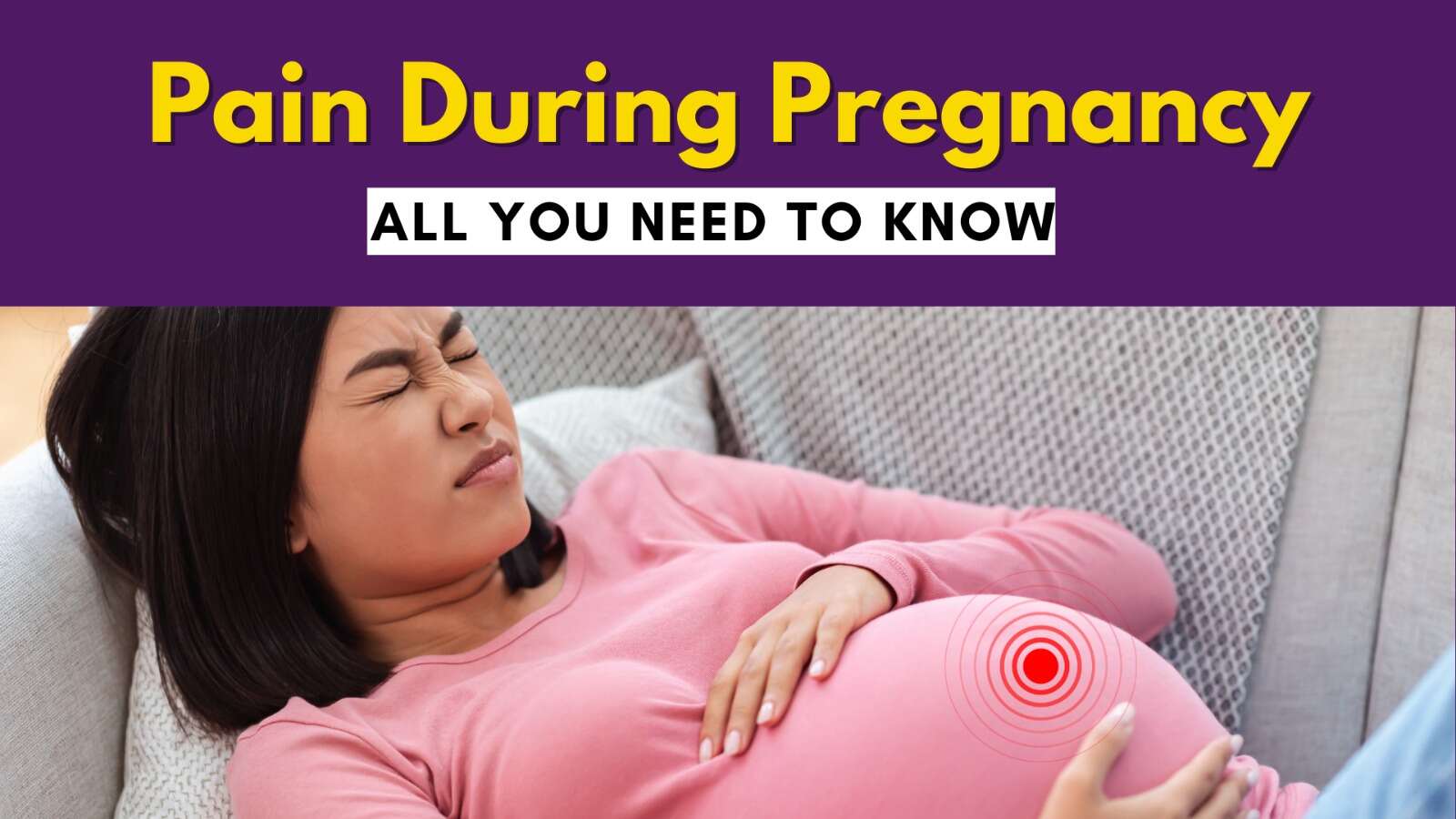Introduction
Pregnancy is a miraculous time, but it can also be accompanied by various discomforts due to significant physical and hormonal changes. At Indigo Womens Centre headed by Dr. Surakshith Battina, we are dedicated to helping expectant mothers manage these discomforts effectively. By understanding the causes, types, and management strategies of pregnancy-related pain, you can enjoy a healthier and more comfortable pregnancy journey.
- What Causes Pain During Pregnancy?
During pregnancy, your body undergoes profound changes, which can lead to discomfort in various forms:
- Physical Changes: As your body makes room for the growing baby, it’s common to experience pains in the back, abdomen, groin, and thighs.
- Hormonal Fluctuations: Hormones such as relaxin, which prepare your body for childbirth, can loosen ligaments and joints, leading to discomfort.
- Increased Weight: The additional weight of pregnancy can strain your back and pelvis, resulting in pain.
- Types of Pain During Pregnancy and Their Implications
Understanding the types of pain you’re experiencing can help you manage them better:
- Round Ligament Pain: Often felt as a sharp pain or jabbing feeling in the lower belly or groin area.
- Back Pain: Commonly occurs in the lower back due to hormonal changes, weight gain, and posture adjustments.
- Pelvic Girdle Pain (PGP): This includes pain in both the front and back of the pelvis and can affect walking, sitting, and sleeping.
- Braxton Hicks Contractions: These false contractions are usually painless but can be uncomfortable and are often mistaken for labor.
- How to Manage Pain During Pregnancy
There are various strategies to manage and alleviate pain during pregnancy effectively:
- Exercise: Engaging in gentle activities like prenatal yoga, swimming, and walking can strengthen muscles and improve posture.
- Posture: Being mindful of maintaining proper posture can help prevent back pain.
- Heat and Cold Therapy: Applying heat or cold packs can provide relief in safe areas.
- Prenatal Massage: Sessions with a certified prenatal therapist can relieve tension and promote relaxation.
- When to Seek Medical Help
It is crucial to know when the pain during pregnancy might indicate a more serious condition:
- Severe Pain: Should be checked immediately.
- Regular, Painful Contractions: Could indicate preterm labor.
- Any Bleeding or Spotting: Always a reason to consult your doctor.
- Persistent or Severe Pelvic Pain: Could suggest complications such as pre-eclampsia or placental issues.
Conclusion:
While pain during pregnancy is common, understanding its causes, recognizing its types, and knowing effective management strategies can significantly ease your pregnancy journey. Always discuss any concerns with us to ensure the healthiest possible pregnancy for you and your baby.
If you’re experiencing pain during pregnancy and need guidance, our team of specialists are here to support you. Contact us @+91-7299109555 or email us at indigowomenscenter@gmail.com to schedule a consultation today and ensure a safer, more comfortable pregnancy.





